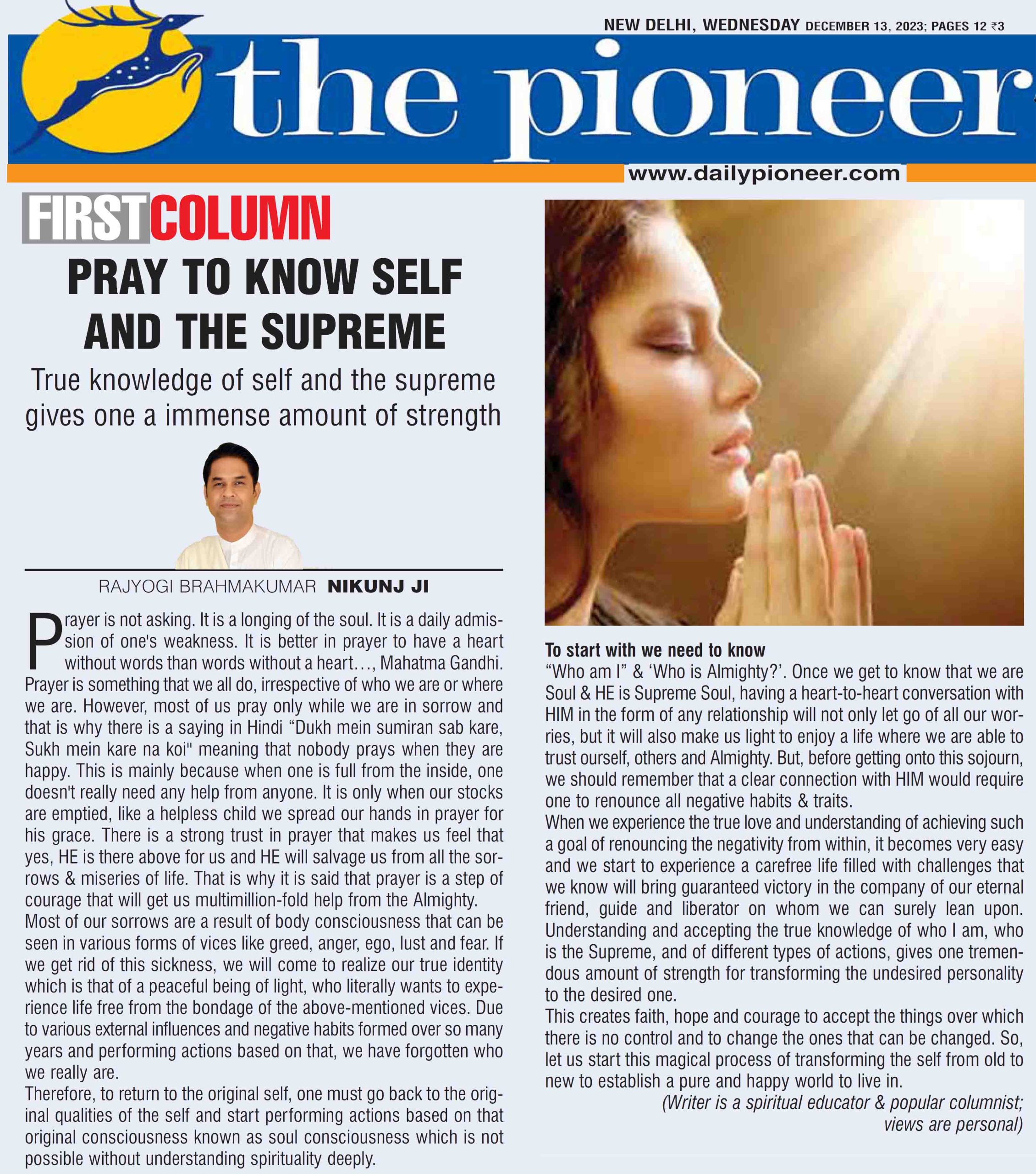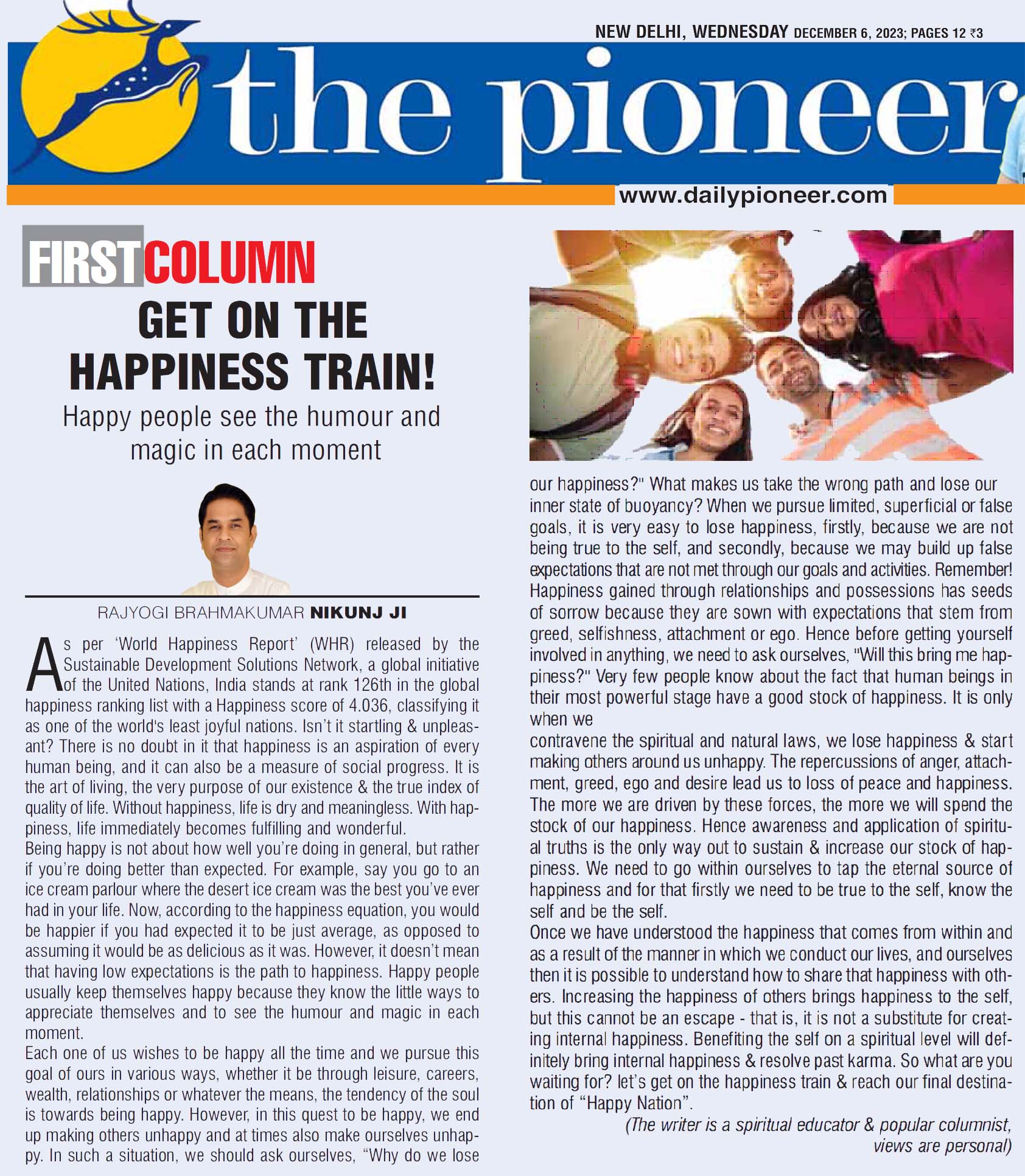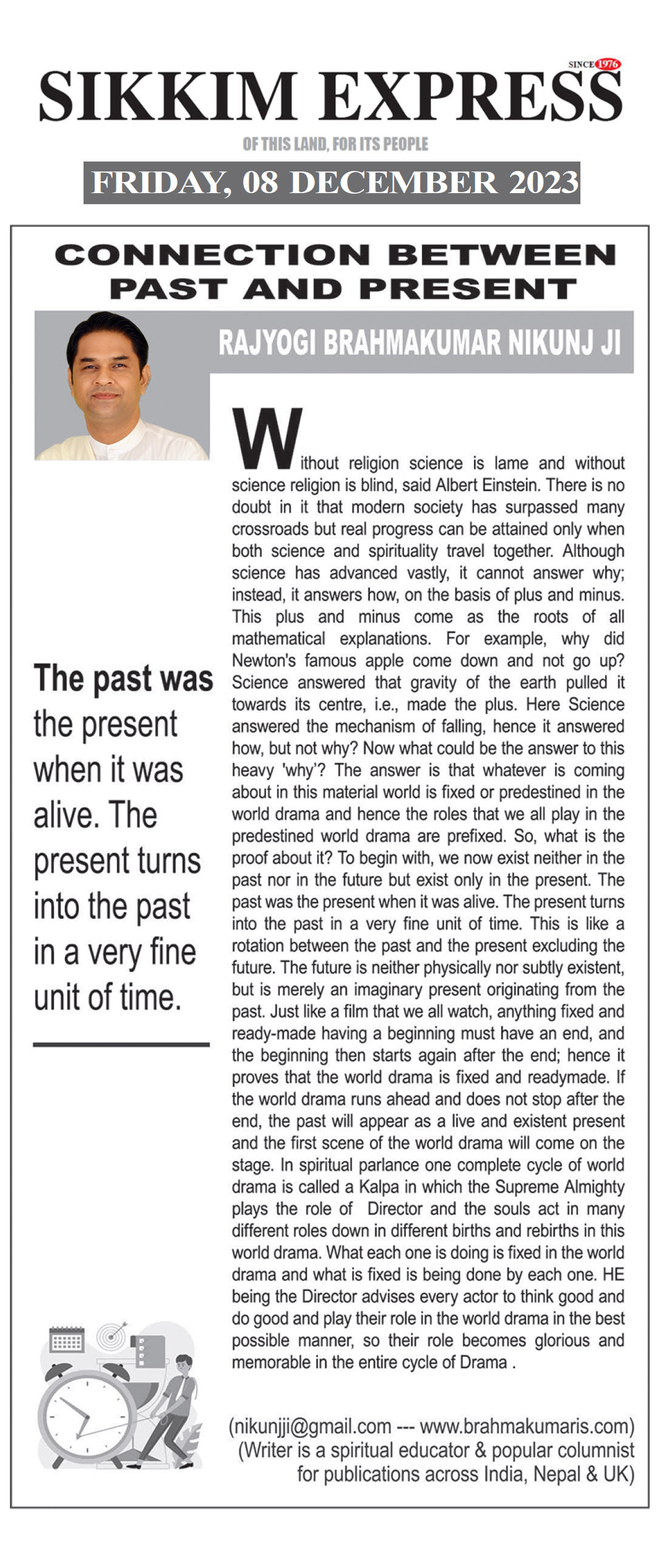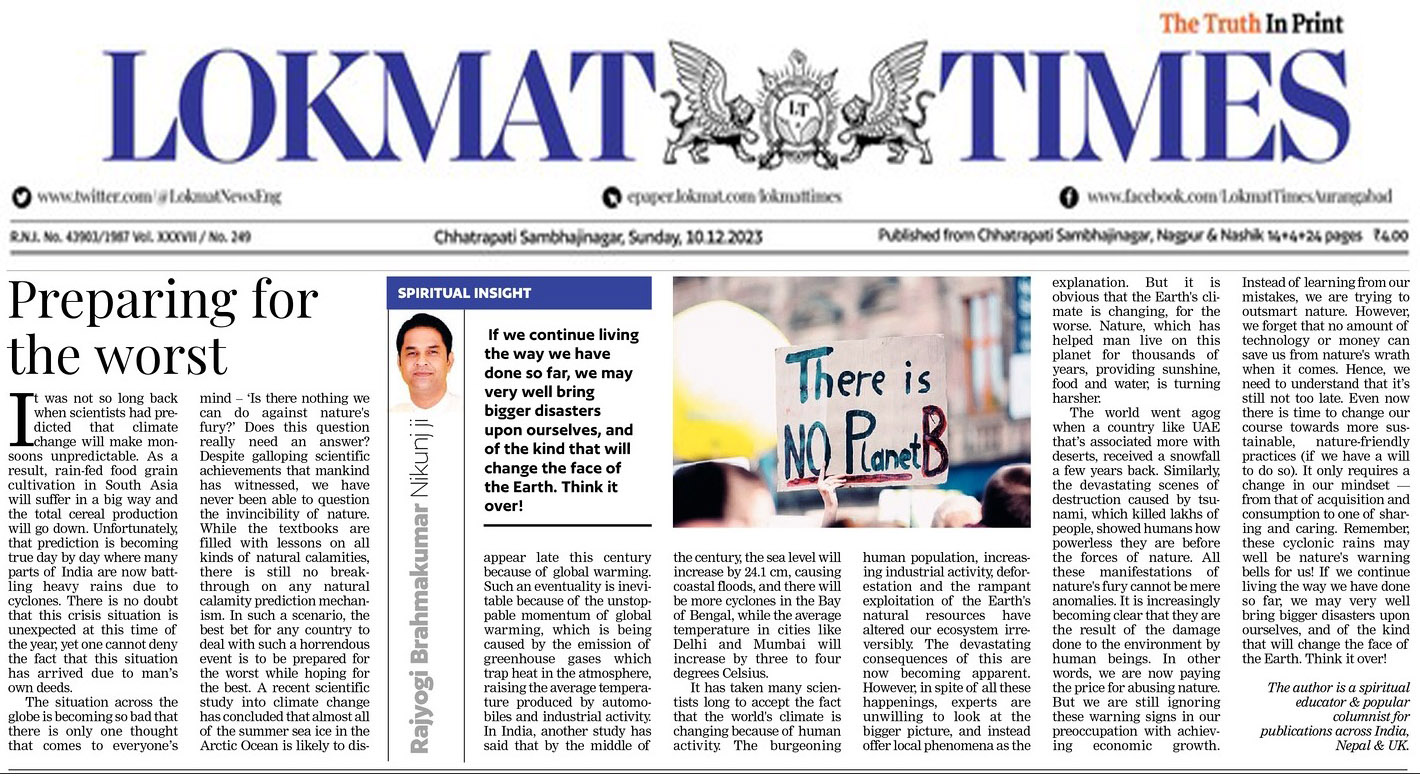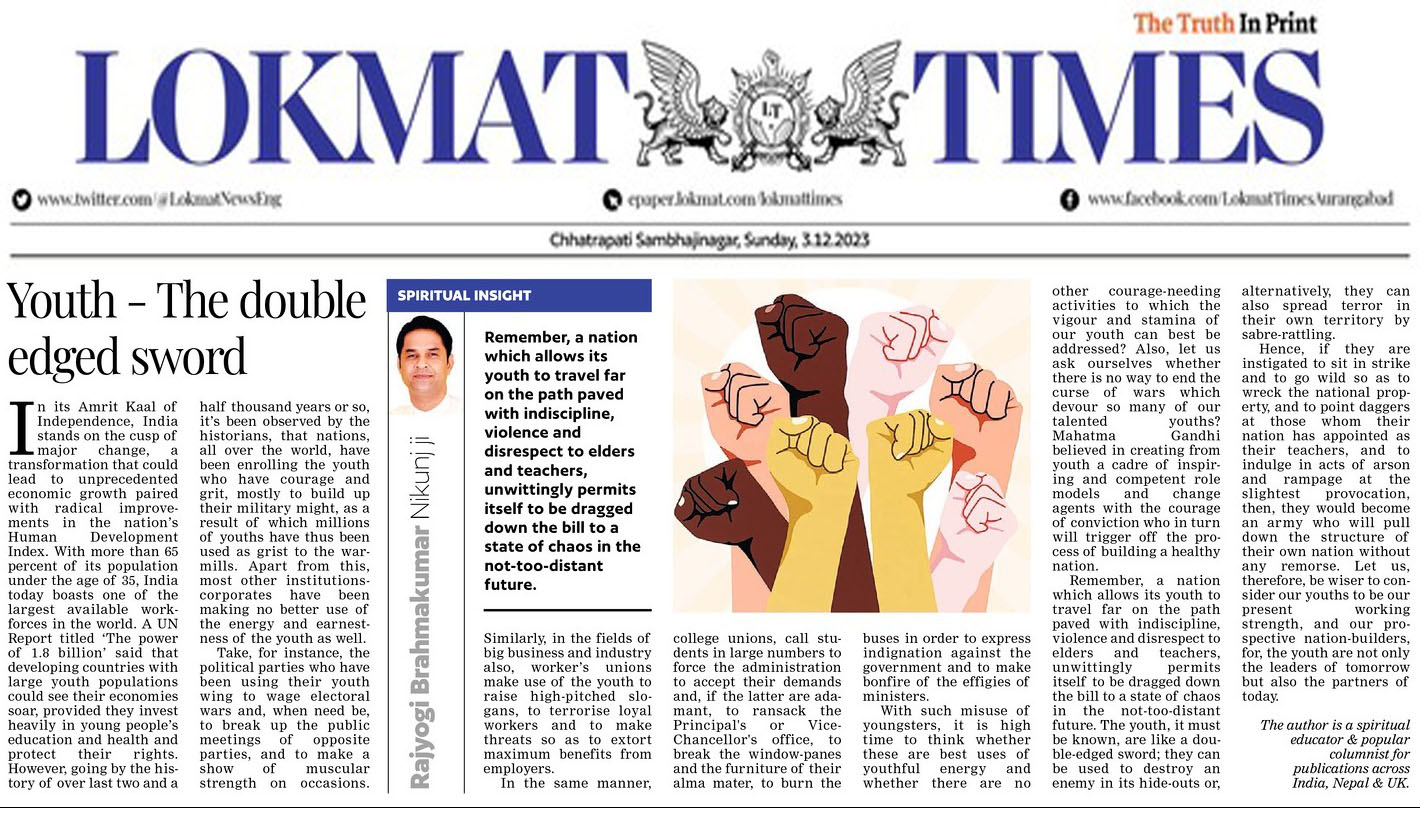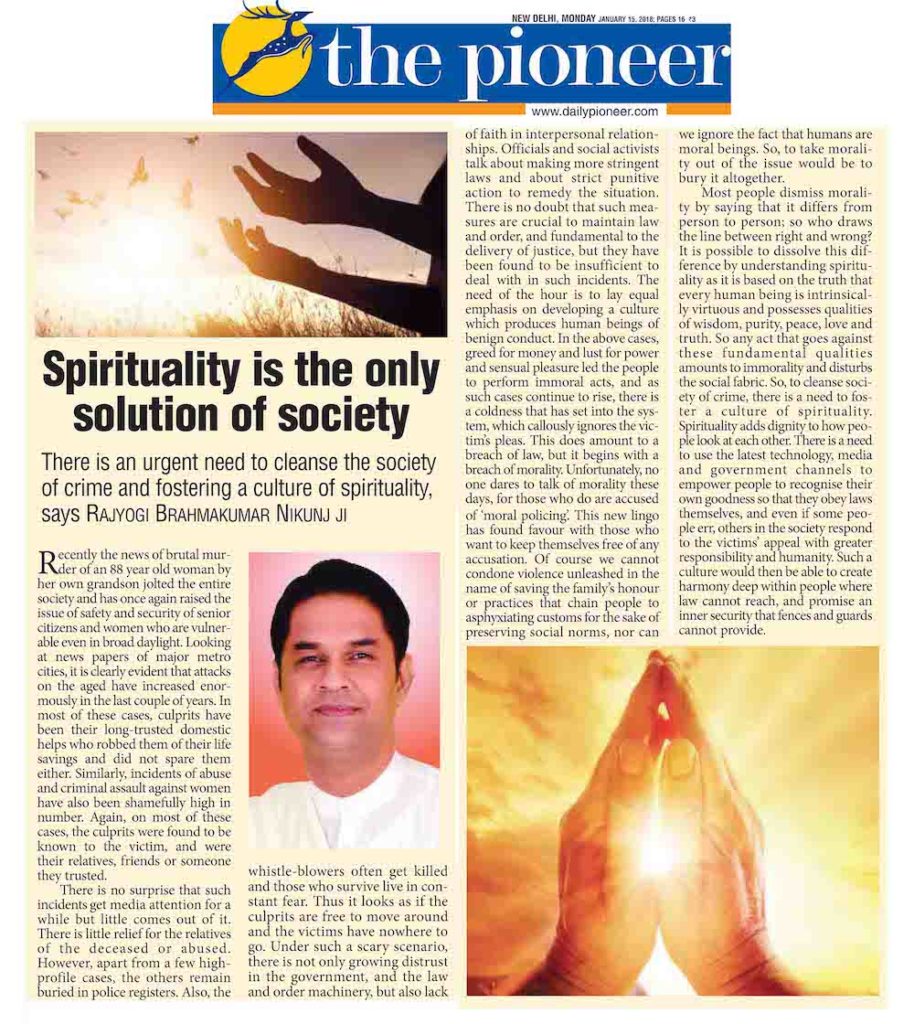
Recently the news of brutal murder of an 88 year old woman by her own grandson jolted the entire society and has once again raised the issue of safety and security of senior citizens and women who are vulnerable even in broad daylight. Looking at news papers of major metro cities, it is clearly evident that attacks on the aged have increased enormously in the last couple of years. In most of these cases, culprits have been their long-trusted domestic helps who robbed them of their life’s savings and did not spare them either. Similarly ,incidents of abuse and criminal assault against women have also been shamefully high in number. Again, on most of these cases, the culprits were found to be known to the victim, and were their relatives, friends or someone they trusted. There is no surprise that such incidents get media attention for a while but little comes out of it in the long term. There is scant relief for the relatives of the deceased or abused, however apart from a few high-profile cases, the others remain buried in police registers. The whistle-blowers often get killed and those who survive live in constant fear. Thus it looks as if the culprits are free to move around and the victims have nowhere to go. Under such a scary scenario, there is not only growing distrust in the government and the law and order machinery, but also lack of faith in interpersonal relationships. Officials and social activists talk about making more stringent laws and about stricter punitive action to remedy the situation. There is no doubt that such measures are crucial to maintaining law and order and fundamental to the delivery of justice, but they have been found to be insufficient to deal with such incidents. The need of the hour is to lay equal emphasis on developing a culture which produces human beings of benign conduct. In the above cases, greed for money and lust for power and sensual pleasure led the people to perform immoral acts, and as such cases continue to rise, there is a coldness that has set into the system, which callously ignores the victim’s pleas. This does amount to a breach of law, but it begins with a breach of morality. Unfortunately no one dares to talk of morality these days, for those who do are accused of ‘moral policing’. This new lingo has found favour with those who want to keep themselves free of any accusation. Of course we cannot condone violence unleashed in the name of saving the family’s honour or practices that chain people to asphyxiating customs for the sake of preserving social norms, however, nor can we ignore the fact that humans are moral beings. So, to take morality out of the issue would be to bury it altogether.
Most people dismiss morality by saying that it differs from person to person; so who draws the line between right and wrong? It is possible to dissolve this difference by understanding spirituality as it is based on the truth that every human being is intrinsically virtuous and possesses qualities of wisdom, purity, peace, love and truth. So any act that goes against these fundamental qualities amounts to immorality and disturbs the social fabric. And so, to cleanse society of crime, there is a need to foster a culture of spirituality. Spirituality adds dignity to how people look at each other. There is a need to use the latest technology, media and government channels to empower people to recognise their own goodness so that they obey laws themselves, and even if some people err, others in the society respond to the victims’ appeals with greater responsibility and humanity. Such a culture would then be able to create harmony deep within people where laws cannot reach, and promise an inner security that fences and guards cannot provide.


